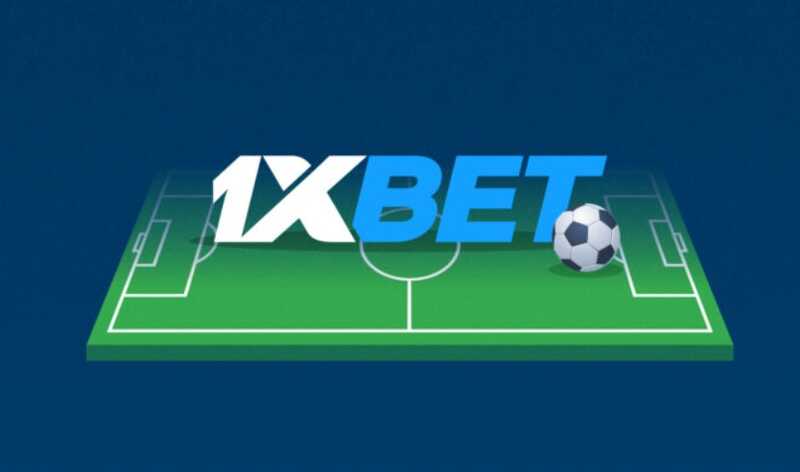
For an overview of supported deposit and withdrawal channels specific to the region see 1xBet Japan payment 1xbetjapan as a starting resource.
This article explains the common payment methods available to players using 1xBet in relation to Japan, practical considerations when moving funds, security and compliance requirements, and troubleshooting tips. It is meant to inform users about the mechanics and best practices; it does not replace official terms or legal advice.
Overview of payment landscape for Japanese users
Online betting operators serving international markets typically provide a broad mix of payment channels: credit and debit cards, e-wallets, bank transfers, prepaid vouchers, mobile wallets, and cryptocurrencies. In Japan, local payment preferences include bank transfers, convenience store (konbini) payment services, and rapidly growing mobile wallets (for example, PayPay). International card schemes (Visa, Mastercard) and major e-wallets (Skrill, Neteller, ecoPayz) are also commonly offered by offshore sportsbooks. Availability varies by operator and may change due to regulatory or technical reasons.
Typical deposit methods and what to expect
Deposits are usually the fastest operation on most platforms. Common deposit channels you may encounter include:
- Credit/debit cards (Visa, Mastercard): Instant or near-instant deposits, subject to card issuer policies and occasional declines due to merchant category restrictions.
- E-wallets (Skrill, Neteller, ecoPayz): Instant deposits with minimal fees in many cases; good for privacy and speed.
- Bank transfers: Can be instant for local transfer rails or take 1–3 business days for international processing.
- Prepaid vouchers and vouchers sold at convenience stores: Quick to use; top-ups are instant once voucher code is applied.
- Cryptocurrencies (Bitcoin, USDT, etc.): Instant or near-instant, lower fees depending on network and provider, but value volatility is a consideration.
- Mobile wallets: Growing in popularity; processing times can be immediate.

Withdrawals: processing times, limits and identity checks
Withdrawals are generally slower than deposits because they often require additional verification (KYC: Know Your Customer) and manual reviews to prevent fraud and money laundering. Expect the following:
- Processing time: Depending on method, from a few hours (e-wallets, crypto) to several business days (cards, bank transfers).
- Limits: Daily, weekly or monthly withdrawal limits may apply. Minimum and maximum amounts vary by method and account status.
- Verification: Identity and address verification documents (passport, national ID, utility bill, or bank statement) are commonly required before first withdrawal or when amounts exceed certain thresholds.

Fees and currency conversion
Operators may charge fees, and third-party processors (banks, payment gateways) can also levy charges. Tips to manage costs:
- Choose a method with lower fees for both deposit and withdrawal. E-wallets and crypto often offer favorable fee structures.
- Be mindful of currency conversion: If your account currency differs from JPY, conversion fees and unfavorable exchange rates can add cost. Where possible, choose accounts and methods that support Japanese yen.
- Check the operator’s published payment terms for any fixed fees or percentage charges tied to specific methods.
Security and fraud prevention
Reputable platforms implement multiple layers of security: SSL encryption, two-factor authentication (2FA), transaction monitoring, and withdrawal limits. To protect your funds and account:
- Use a strong, unique password and enable 2FA when available.
- Keep KYC documents current and submit them via the operator’s secure channels to expedite withdrawals.
- Monitor transaction histories regularly and report any suspicious activity immediately to customer support.
Regulatory and tax considerations in Japan
Japan has specific laws governing gambling and related financial activity. Certain forms of betting are state-regulated, while many international online sportsbooks operate offshore. Users should be aware of local legislation and any tax liabilities on gambling winnings. Tax treatment varies based on the type of betting and individual circumstances; consult a tax professional for personalized guidance.
Common issues and troubleshooting
If you encounter problems with deposits or withdrawals, these steps often help resolve issues quickly:
- Verify that your chosen payment method is enabled for your account and that you have entered correct details.
- Ensure your card or bank permits transactions to the operator’s merchant category; some banks block gambling-related merchants by default.
- Check whether KYC documents are pending approval; many withdrawals require completed verification.
- Review any error messages carefully and consult the operator’s help center or live chat.
- If a transaction is pending for an unusually long time, contact both the payment provider and the operator to trace the status.
Best practices for smooth payments
Follow these practical tips:
- Register with accurate personal details matching your ID and bank accounts to avoid verification delays.
- Use the same method for withdrawals as for deposits when possible — some operators require returning funds to the original source (a principle known as “source of funds” or “payment routing”).
- Keep copies of receipts and transaction IDs until the transfer is fully reconciled.
- Be aware of promotional terms: bonuses tied to deposits may have wagering requirements that affect withdrawal eligibility.
Choosing the right payment option
Decide based on speed, fees, convenience and regulatory compliance. For everyday play, many users prefer e-wallets for fast withdrawals; for large sums, bank transfers or crypto may be more appropriate. Consider maintaining a small test deposit and withdrawal first to confirm that a chosen method works reliably for your account.
Conclusion
Understanding the available payment methods, their costs and timelines, and the verification requirements is essential for a smooth experience when funding and withdrawing from an online sportsbook. Always consult the operator’s payments page and terms of service for the most current information, practice secure account management, and seek professional advice on legal and tax questions if needed.
